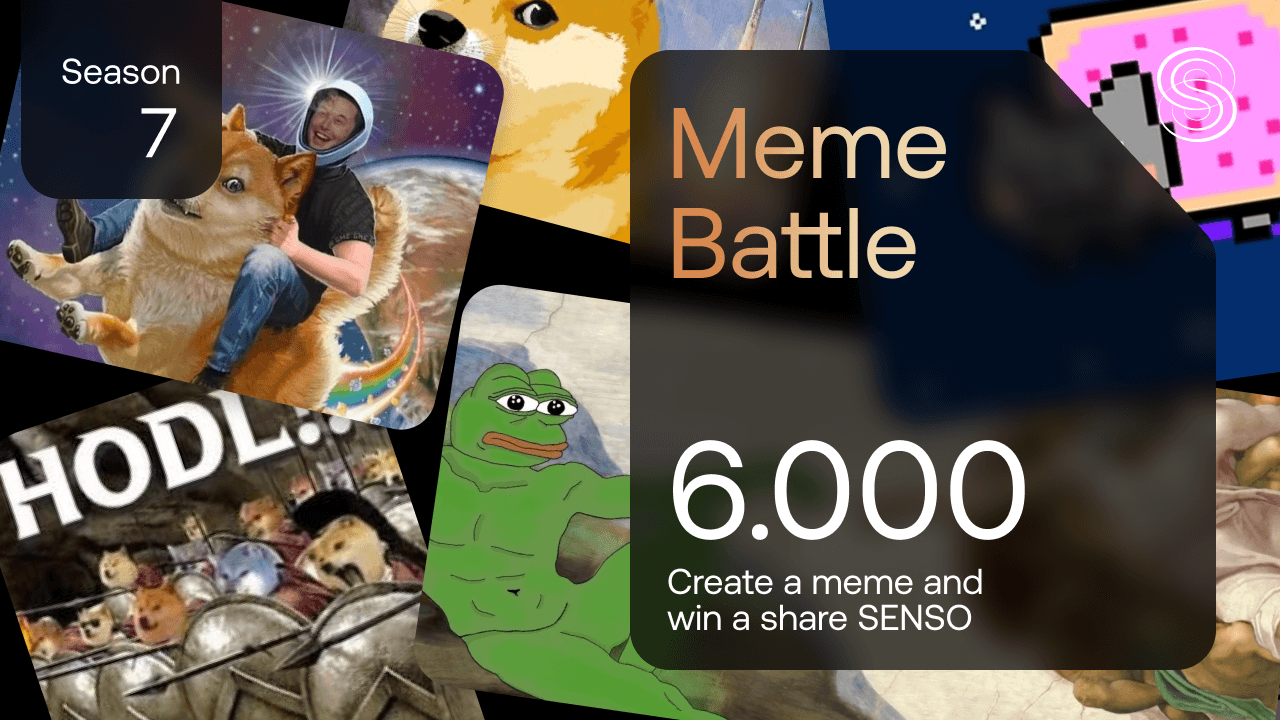DAOs are forecasted to grow rapidly within the next decade, changing the narrative of what constitutes a sound investment vehicle. Industry experts predict that DAO assets will expand to one trillion dollars by 2032.
Mainstream investment is moving away from the traditional model to a decentralized one that is accessible to all, thanks to blockchain technology. Investment DAOs allow token holders to vote on proposals and decide where capital will be invested through a community-based approach.
Let's look at the definition of a DAO, how investment DAOs work, and their benefits, risks, and legality. Finally, how do investment DAOs compare to traditional venture capital? Could it be the end of traditional VC as we know it?
What Is a DAO?
A Decentralized Autonomous Organization, known as a DAO, is an online community run on code and controlled by token holders instead of a single authority. DAOs are used for many purposes, such as buying NFTs, investment, charity, and more.
A DAO is governed by smart contracts, an automated computer-generated program stored on a blockchain that runs when predetermined conditions are met.
Smart contracts allow the process to be a democratic and decentralized system, providing full ownership of decision-making to its members. DAO members make decisions through proposals and votes that are then executed using smart contracts.
All information can be publicly audited, including proposals, voting, and the code itself. A DAO can run without the need for any human maintenance due to these smart contracts.
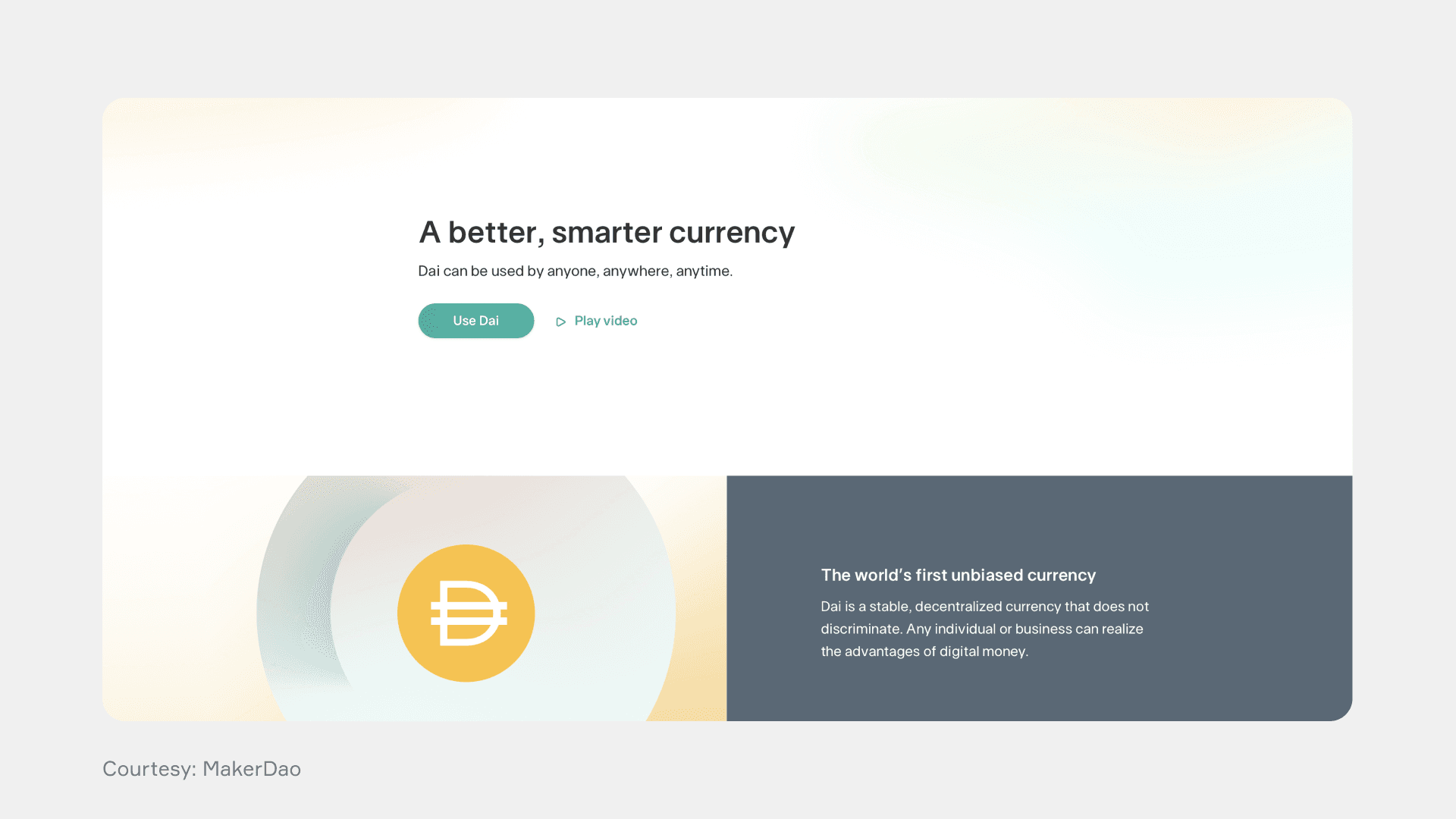
What Is an Investment DAO?
An investment DAO applies the Decentralized Autonomous Organization model to democratize investment. Members decide where to invest the DAO's funds through proposal and voting processes. The DAO raises and invests capital into various assets agreed upon by its community, such as real estate or DeFi investment vehicles.
The decision-making process is encoded into smart contracts that execute on blockchain technology, like a regular DAO. The process is open and transparent as everything is written in open source code.
An investment DAO eliminates the elitist and hierarchical underlying presence in traditional VCs and hedge funds. Rather than depending on the knowledge of a few people as seen in the traditional investment model, an investment DAO grants all members the right to participate in the decision-making process. It takes away the power granted to a small group of money managers of venture capital firms and decentralizes investment through voting mechanisms.
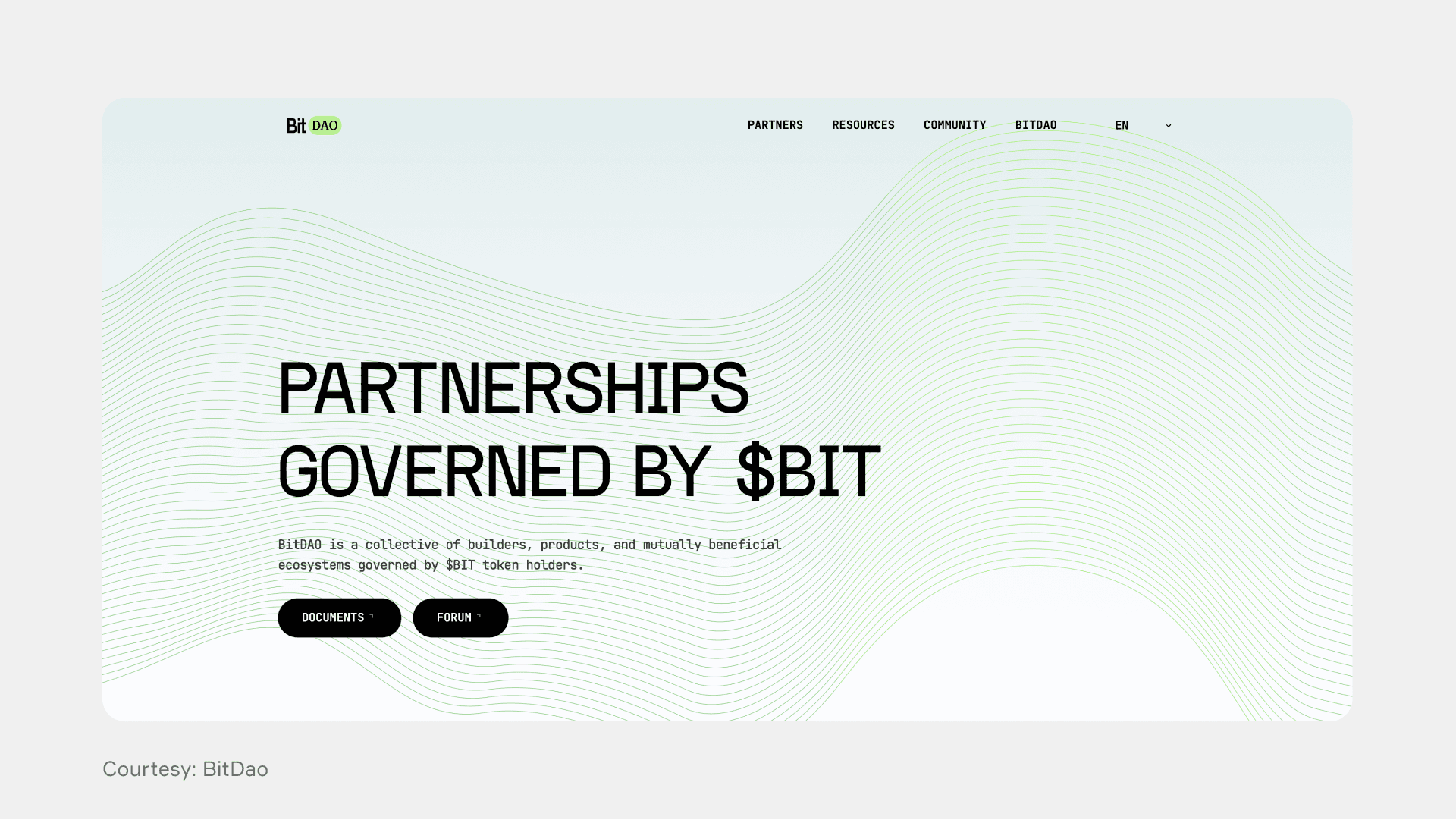
How Does an Investment DAO Work?
While "what are investment DAOs" has a simple answer, let's get into the nitty-gritty of how investment DAOs actually work.
Like a regular DAO, the decisions made in an investment DAO are democratized. Decision-making is held through voting mechanisms that are based on governance tokens.
Let's go through the process of how this actually works. Those holding a DAO governance token can usually make proposals. In certain DAOs, proposals are limited to those with a certain amount of tokens.
Users will then stake their tokens once a proposal is made to vote on it. Another way to do this is through a snapshot mechanism that looks at the number of governance tokens of each holder and distributes voting power without locking tokens. After voting is finished, the DAO's smart contract will implement the decision.
However, owning more tokens does not always mean your vote matters most. In some DAOs, voting power can increase for various reasons, such as the amount a holder has contributed to a project. This differs by investment DAO and its overall ethos.

Are Investment DAOs Legal?
Whether investment DAOs are legal will depend on the laws of your jurisdiction. In some places, a DAO is a legal entity, such as in Wyoming. This was the first US state to allow the creation of DAOs as limited liability companies. This way, DAO owners have their personal assets separated from their business assets, reducing their risk.
Most places do not have regulations in place concerning investment DAOs. However, this again depends on your jurisdiction and local regulator. Some countries might require specific licensing or even regulate investment DAOs through crypto regulation.
Before you invest in a DAO, it's important to assess the regulatory risks and find out about the legal structures in place in your jurisdiction.
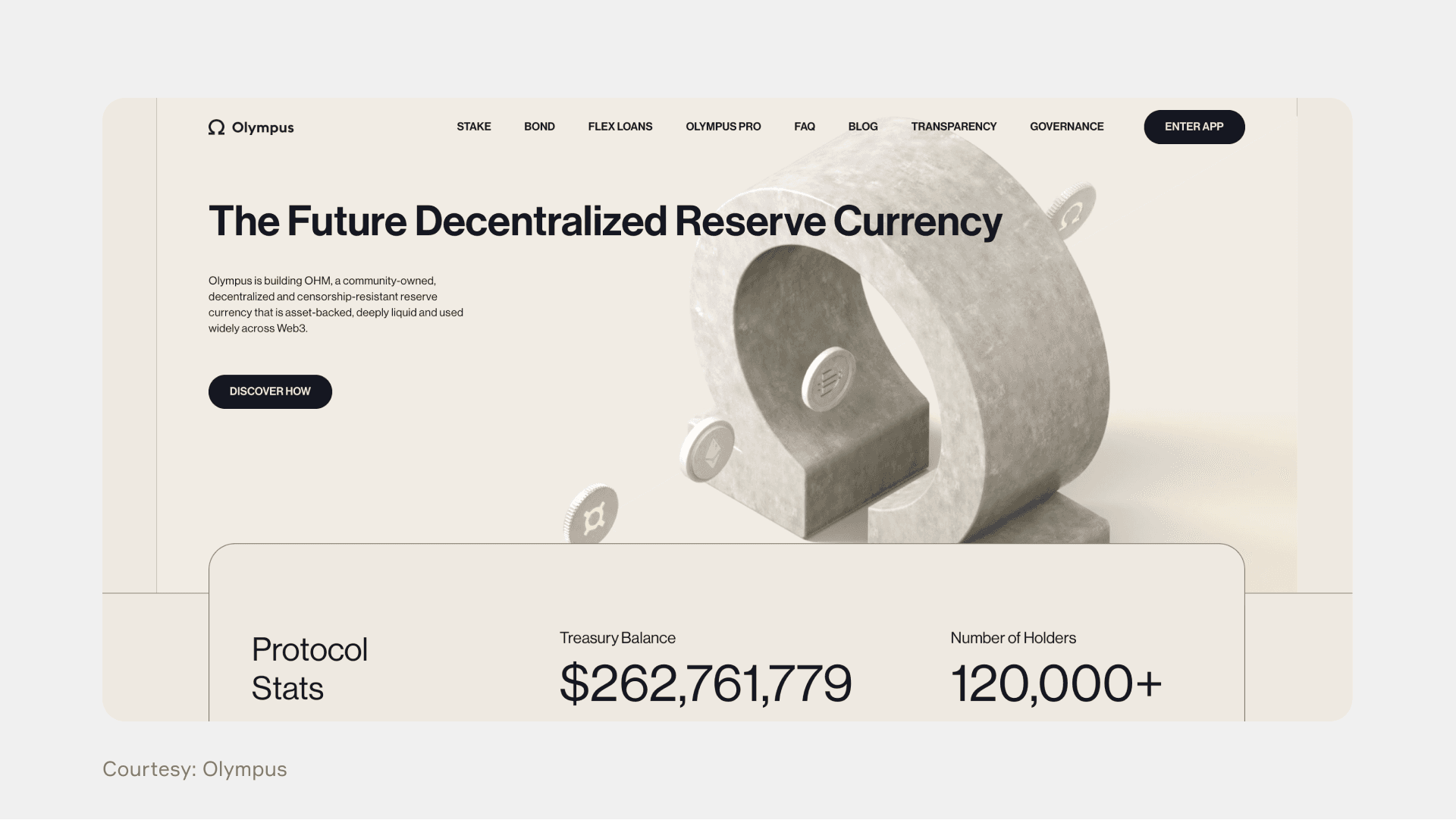
Investment DAOs have been growing at a rapid rate, but why? Let's take a look at the three main benefits of investment DAOs, significant factors behind their success.
Decentralized decision-making
To no surprise, the key factor of a decentralized autonomous organization is decentralization. A DAO has no central governing body, and decisions are made in a bottom-up management approach. Every holder shares a common goal and acts in the best interest of the investment DAO as a collective.
In contrast to an investment DAO, in a traditional venture capital setting, investment choices are made by a small group of investors. Decision-making is centralized.
In an investment DAO, investment decisions are not left in the hands of a few people. Voting mechanisms are in place based on governance tokens that allow holders to vote on proposals. Decisions are then implemented in an automated manner through smart contracts in blockchain.
Liquid investment
Investment DAOs offer liquid investments. Investment DAOs offer tokenized investments where they oftentimes have a token that derives value from the portfolio. A holder can sell their tokens at any point on a cryptocurrency exchange.
In contrast, traditional venture capital is oftentimes illiquid. Capital is often locked in for years, and investors only see capital returned after VC funds have an exit. Waiting years for a company to go public might not be the right path for all investors.
Inclusive access
Investment DAOs offer a more inclusive way to invest. A DAO grants access to average people seeking to invest in decentralized finance. Investors can invest any amount they wish and, on top of that, have a say in decisions made within the DAO. Even the process of choosing portfolio assets is more inclusive, with the goals of all considered.
Unlike in other contexts, investors can make small investment contributions without breaking the bank. This allows regular people to engage in investment without elitism. Investors can also thus diversify their risks by not putting all their capital into one DAO. Regular people can distribute their capital over different DAOs of their choosing, such as ones specialized in NFTs, crypto projects, etc.
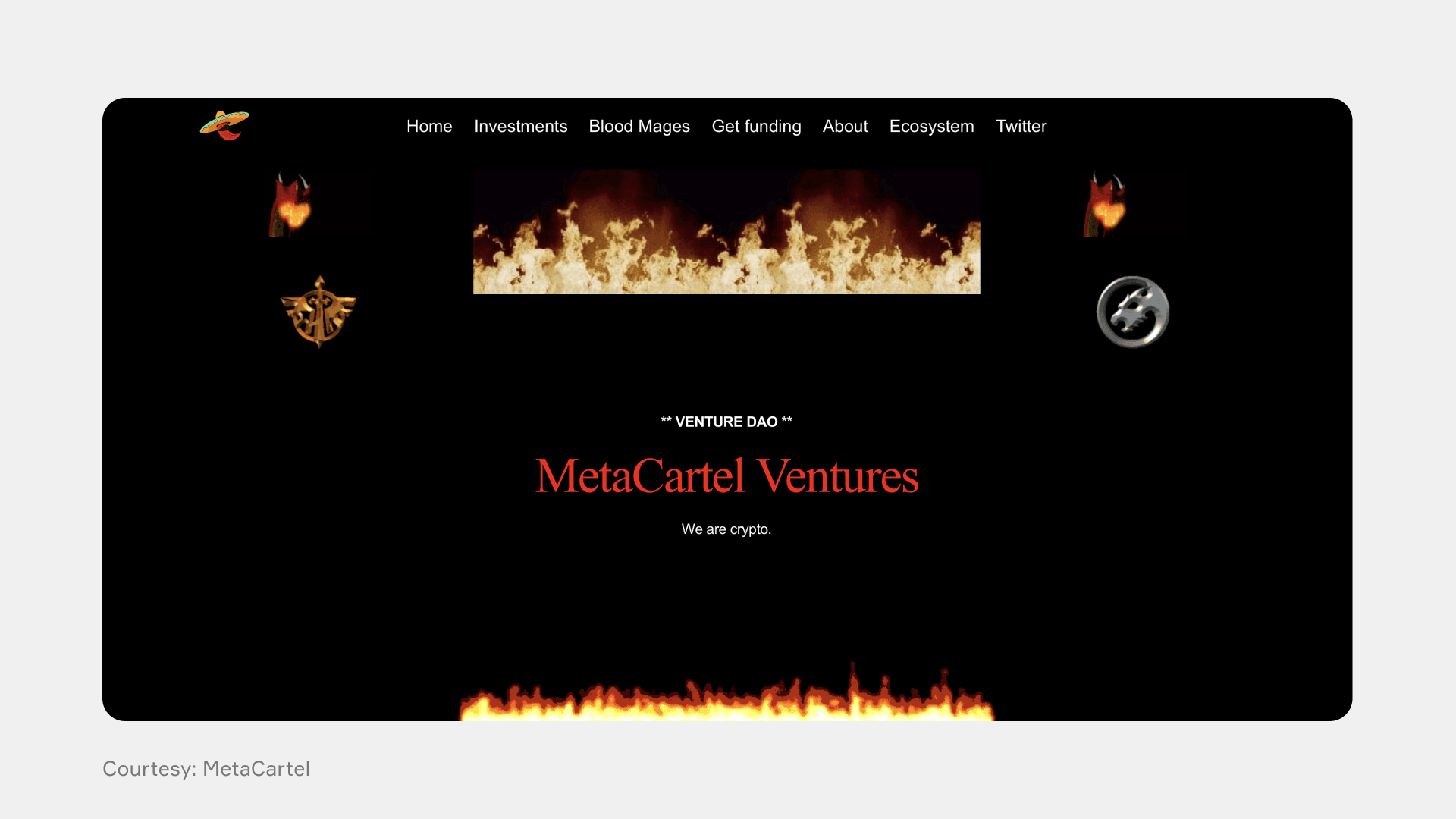
Risks of Investment DAOs
While a community-based approach to investment decentralizes power and levels the playing field, risks are always involved. Here are three main risks of investment DAOs:
Vulnerability of smart contracts
A decentralized autonomous organization is dependent on smart contract code. The idea in investment DAOs is that the smart contract executes all decisions on the blockchain without the human maintenance needed. While this can be true, every code is vulnerable. Smart contracts might fail because code is hacked, exploited, or just faulty. This would break down the whole DAO, and funds would not be properly managed.
For example, in 2016, three months after its launch, The DAO was hacked, and 60 million dollars worth of ether (ETH) was stolen. Many argue this was due to vulnerabilities in The DAO's code and a bug in the smart contracts. Although the Ethereum blockchain was hard forked to restore the stolen funds, many disagreed with this decision.
Negative Return on Investment (ROI)
The possibility of a negative Return on Investment (ROI) is always on the table. Although the idea that decisions are decentralized through voting mechanisms sounds ideal, a majority decision does not guarantee a good one. The issue of fund mismanagement is also one to consider, as if a DAO does not diversify its portfolio, investment funds could be at risk.
Any investment has its risks, even in a community-based model. In truth, such a model eliminates accountability. Without a single entity in charge, who will be held accountable if things go south or funds are mismanaged?
Regulatory risks
When it comes to a DAO, a main concern is always the regulatory risk. Along with legality that will depend on your jurisdiction, regulations are all over the place or sometimes nonexistent. However, new ones might pop out of nowhere concerning the taxation and management of DAOs.
For example, in June of 2022, US Senators Cynthia Lummis and Kirsten Gillibrand launched the Responsible Financial Innovation Act, proposing crypto regulations and seeking to regulate DAOs. Its success or failure will be known in the coming months.
The case of a lack of regulation can also put many at risk without the mechanisms to hold a DAO entity accountable.
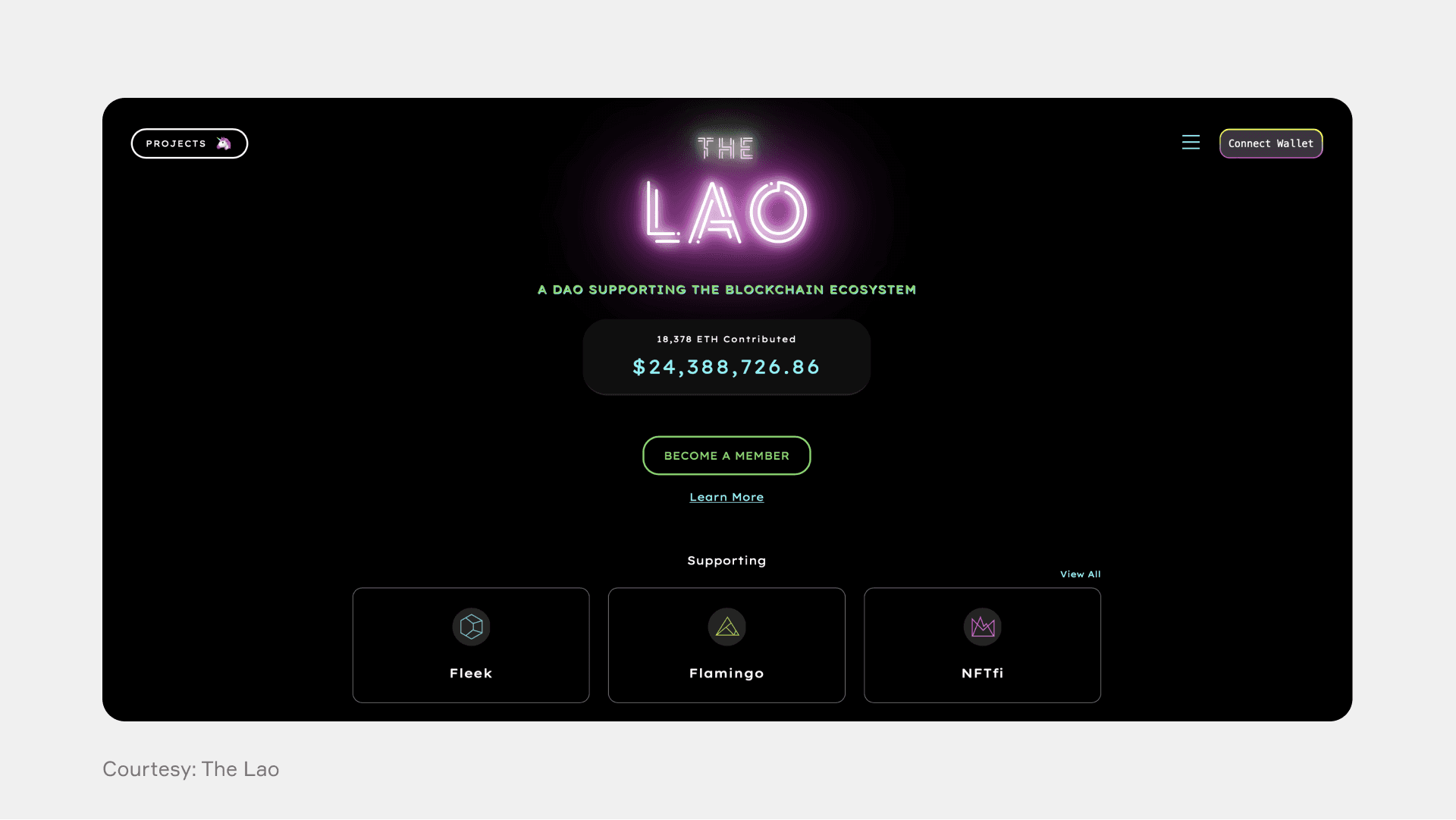
Investment DAOs vs. Venture Capital
What is traditional VC?
A venture capital fund is an investment fund that manages the money of investors, managed by general partners. These investments then provide investors with private equity stakes in start-ups and early-stage companies. General partners make sure to raise funds, find quality start-ups, perform due diligence, and apply capital.
However, they are generally high-risk/high-return opportunities. This is because venture capital funds are like seed money that accelerates the growth of new firms, which despite showing initial growth, could potentially fail.
Accredited investors can take part in venture capital investments, while before, these were only accessible to professional venture capitalists. Nevertheless, traditional venture capital investments are still mostly inaccessible to the average investor.
Key challenges of traditional VC
The traditional venture capital model has been around for a while and has proved effective. However, it is not without flaws, many of which are addressed with investment DAOs.
A traditional VC is not inclusive. Only a couple of investors access this model due to a large amount of capital required and the risk involved. The average Joe does not have a couple million lying around to risk on an emerging company.
Centralization is also key to a VC fund. All investment decisions are made by a small group of people, rather than those investing in the fund. While this has always been this way, the movement toward decentralization in the blockchain and crypto world is changing the narrative.
Moreover, traditional VS assets are illiquid. An investor's capital is locked into funds for long periods, oftentimes years. On top of its high-risk profile, investors will only see real capital returned when a company is acquired or goes public. However, this is not always a disadvantage, as many times, these returns are larger than shares or bonds.
Can Investment DAOs replace traditional VC?
It is unclear whether DAOs could replace traditional VCs, but they are definitely generating an important conversation toward decentralization and inclusivity. Now more than ever, investing is not only geared toward the 1%. The crypto and blockchain sphere is to thank for that.
Many are realizing that investment DAOs have several advantages over traditional VCs. Not only are investment DAOs more accessible to the average person, but they also offer democratic decision-making through effective voting mechanisms. They also feature lower costs and faster transactions.
Nevertheless, one cannot deny the value that traditional VC still brings. VC firms have established networks to minimize investment risks and, more importantly, have legal and regulatory backing. The true success of investment DAOs in the future possibly lies in this last factor.
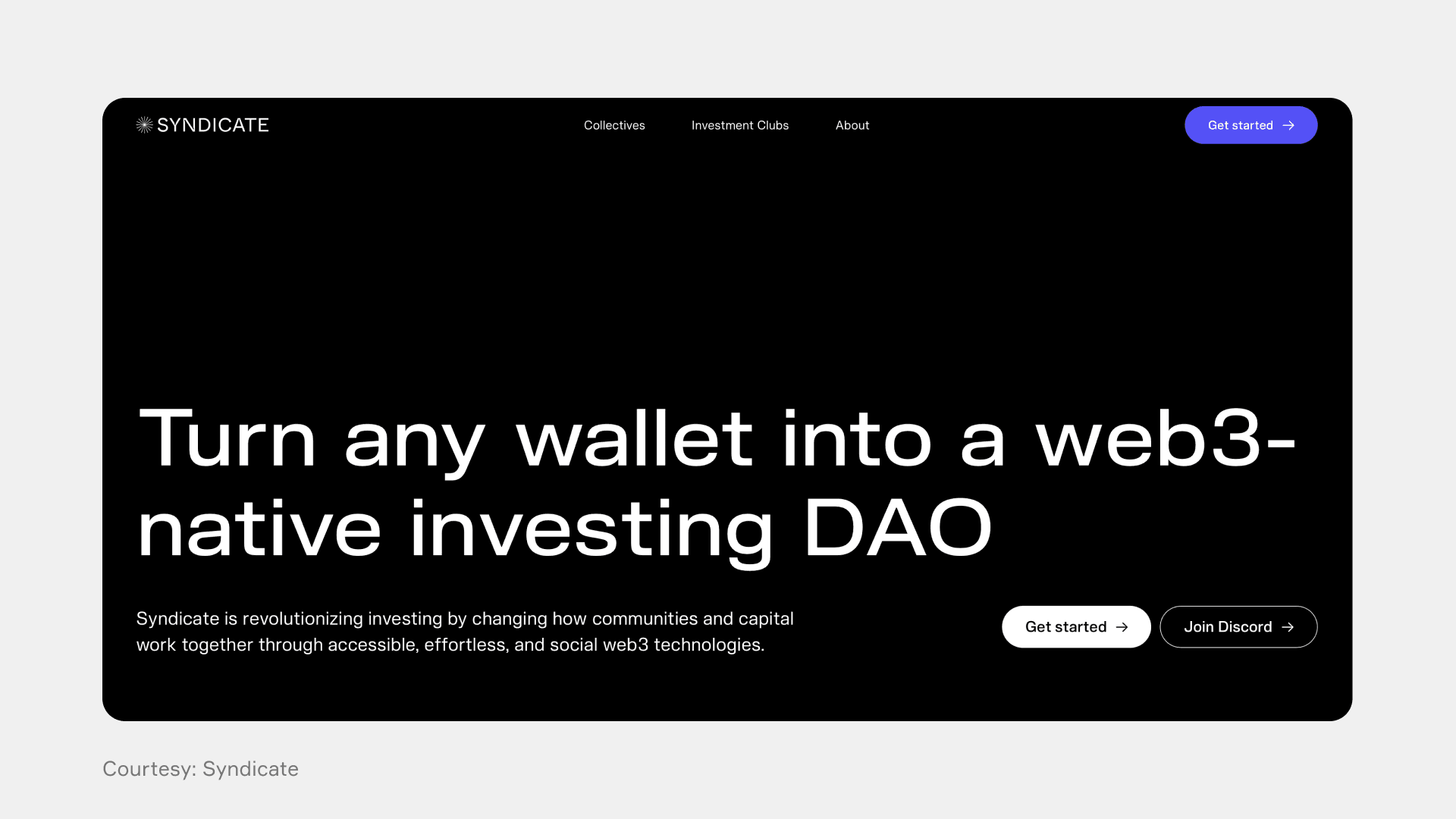
Final Thoughts
While the World Economic Forum finds that DAOs may offer a way to achieve more transparency, trust, and speed, knowing the risks is essential. From the vulnerability of smart contracts to potential hacking and regulatory risks, these must be carefully considered before experimenting with investment DAOs.
However, it is clear that the pillars of centralization and exclusivity behind the traditional VC model have been disrupted. Investment DAOs eliminate the elitism in traditional VCs through democratic voting mechanisms and an all-around more inclusive accessibility.
Whether they will eventually replace a longstanding investment model is too soon to tell. It could still be a few years before we see the DAO model used on a large scale, but its revolutionary impact is here to stay, from finance to social networking to philanthropy.



